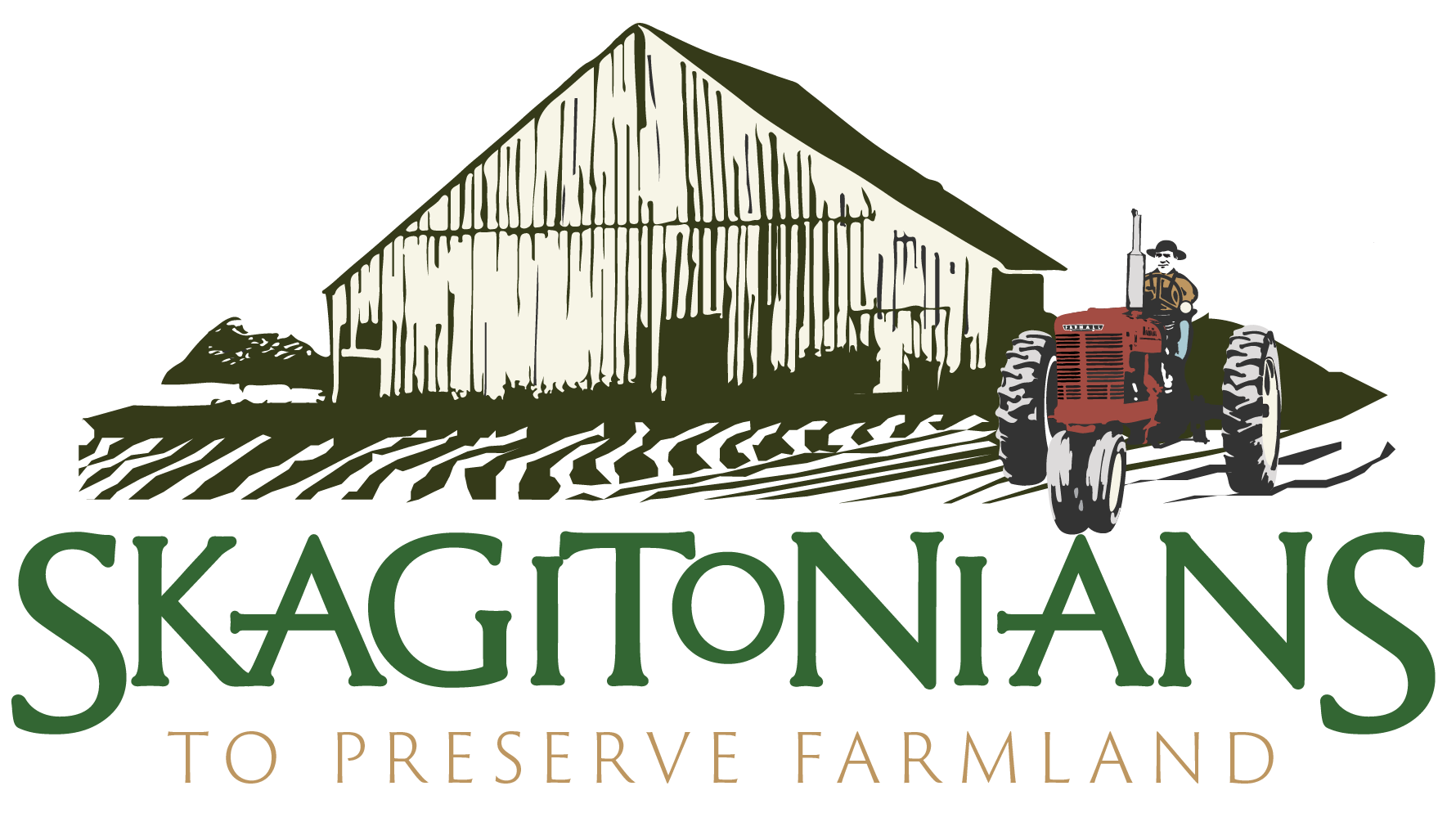The Dirt Issue 27 - Agricultural Support Businesses
Last month The Dirt explored the meaning and importance of fully functioning agriculture. This month we want to delve more deeply into agricultural support businesses and their vital role in Skagit Valley agriculture.
In a practical sense we’re talking about a whole network of businesses that buy or sell to farmers. What they offer may be inputs, products, services, or a combination of these three, all working as an integrated system to get food and fiber to the final consumer. Each one offers specialized expertise and targeted support covering specific aspects of making a farm succeed.
What’s worth noting is the remarkable scale of these businesses, ranging as they do from a single consultant to international conglomerates. But, whatever the size, in agricultural production, the small compete directly with the large.
It’s a matter of adaptation
Small support businesses can compete with large ones partly due to their ability to respond with custom solutions when off-the-shelf remedies don’t do the job. “Custom” applies to everything from specialized feed, such as Conway Feed’s Gothberg Goat, a blend produced for the specific needs of the La Mancha dairy goats at Gothberg Farms, to field-specific custom planting by one of Skagit Farmers Supply two agronomy centers.
Agricultural support businesses offer necessary supplies, equipment and inputs but they can also contribute to an effective team approach to assist with decision making. Sometimes what the farmer needs is to free up more time; choosing others to handle such tasks as custom heifer raising or crop scouting maximizes the farmer’s time and saves money to boot.
The more a farm produces, the more essential is the support
To illustrate the point, let’s imagine a farmer somewhere in the valley who raises livestock and plants crops to feed livestock as well as crops for human consumption. Each of these concerns benefits from agricultural support businesses.
Depending on the type of livestock, large animal vets, or more specifically food animal vets, are likely on speed dial. Here in the Skagit Valley are veterinarians like those at Mount Vernon Veterinary Hospital or the Puget Sound Veterinary Group which focus on horses, cattle (dairy and beef), goats, sheep, alpacas and llamas. Besides being able to restrain and treat such animals, these vets have the additional responsibility of keeping the individual animal and, by extension, the whole herd or flock healthy to maintain the safety of the food source.
Growing crops whether as animal feed or for human consumption, takes into account a vast array of factors: previous plantings, specific topographical characteristics, soil structure, pest prevalence, nutrient deficiencies, market trends, growing requirements and so much more. Helping a farmer to navigate such issues might be a soil expert like William F. Black who could test the soil both chemically and structurally to help determine if a crop plan will be successful. Or perhaps one of the agronomists (experts in soil management and crop production) from Skagit Farmers Supply will be consulted on such issues as irrigation and plant protection applications.
Each of these can help farmers plan for and adapt to such circumstances as changing growing seasons, increased heat and drought stress, pest and disease pressures, or changes in irrigation water efficiency.
As the industry changes, so do the support businesses
Innovation is a constant in modern agriculture and agricultural support businesses are often leading the way to embrace innovation and secure its practical application. Take Farmers Equipment for example. Founded in Lynden in 1935 and expanded to Burlington in 1982, Farmers Equipment started out as a dealer for McCormick-Deering tractors. Over the next 80-plus years, their product line has kept pace with the shifting demands and increased diversity in Skagit Valley agriculture. Yes, they still sell tractors. But, now they also sell highly specialized berry harvesters, soil conditioning equipment, balers for various size and shapes of finished bales, and dozens more items for every size enterprise.
Another example of successful innovation is De Laval. From its Mount Vernon location, De Laval provides integrated solutions which directly improve dairy production while safeguarding animal welfare. Products like robotic milking systems allow the cow to determine how often she’s milked which, according to the cow’s own daily rhythm and lactation cycle, can be as much as four times a day. As a result the cow is healthier and the system provides the farmer real time milk metering and health monitoring while freeing dairy workers time for other tasks like calf feeding.
We could go on and on . . .
The truth is this article cannot do justice to the businesses mentioned here let alone the scores that we don’t have space to discuss. But know this, agricultural support businesses are every bit as important to the viability of Skagit Valley agriculture as sunshine, rain, and long growing days.
